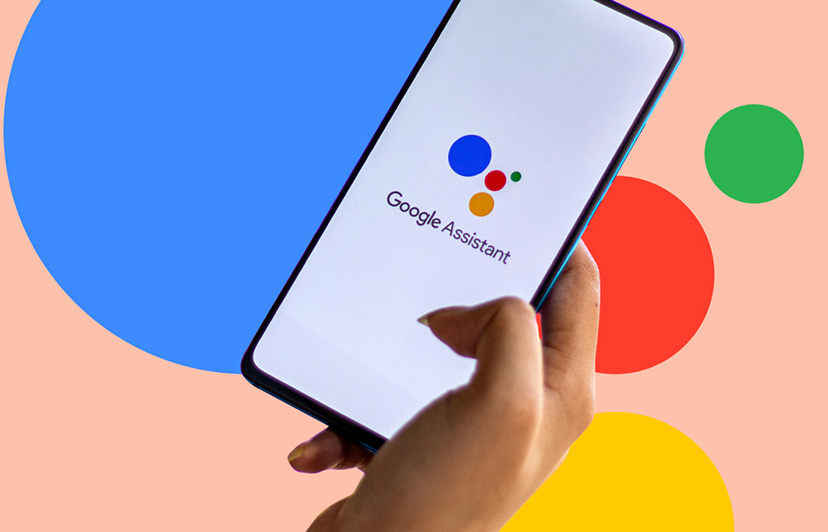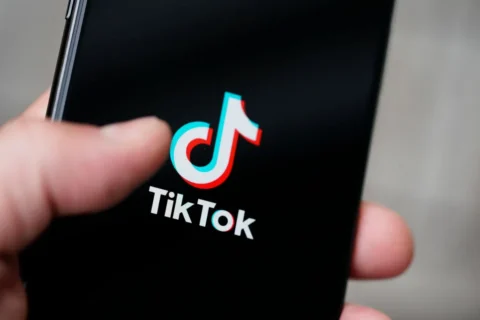For over a year, the fate of Google Assistant has been up in the air. Once a cornerstone of Google’s mobile and smart home strategies, Assistant was pivotal to the company’s expansion into the smart home market. Remember when Google was giving away Home Mini speakers to build out its ecosystem? Those were the days!
But the landscape is shifting. Ahead of next week’s Made by Google 2024 event, Google has announced that Assistant isn’t going anywhere—at least not in the Home/Nest domain. The pandemic gave both Google Assistant and Amazon’s Alexa a significant boost, as we all suddenly spent more time at home. However, in recent years, it seems that the enthusiasm for these smart assistants has cooled off.
Despite the hype, the smart home revolution hasn’t fully materialized. Sure, many of us have smart devices—just take a look around your neighborhood and count the doorbell cameras. But the vision of a seamlessly automated home hasn’t quite come to fruition. Smart devices remain costly, and the market is fragmented with various companies pushing their own ecosystems. This has led to mixed user experiences, which can quickly turn off early adopters.
The assistants themselves haven’t had it easy either. Samsung’s Bixby and Microsoft’s Cortana have faded into obscurity, and even Apple has been less vocal about Siri. With the rise of generative AI platforms like ChatGPT, traditional smart assistants have started to seem a bit outdated.
Earlier this year, Google began allowing beta users to set its GenAI platform, Gemini, as the default assistant on Pixel devices. While Gemini showed promise, it wasn’t quite ready to replace Assistant entirely. However, with new Pixel devices on the horizon, Assistant’s days on Android might be numbered. For now, it remains a key part of Google’s Home ecosystem, now supported by Gemini models.
Gemini’s role in this setup will likely focus on enhancing natural language processing. Smart assistants have always struggled with more complex conversations, often limited to single queries. This is where generative AI shines, making interactions more fluid and natural.
Google envisions a future where you won’t need to phrase your questions in a specific way. For instance, you could ask, “Is Pluto a planet?” and then follow up with, “Could they change their minds again?” or even get help with a fun family debate, like, “Help me prove that Crocs are extremely cool—mention sport mode.” These features will be available later this year for Nest Aware subscribers as part of a public preview.
Another exciting aspect of Gemini is its potential to summarize information—something Google is pushing in its search capabilities. Whether Google sticks with the Assistant brand or rebrands it as Gemini across the board is yet to be seen. Apple recently updated Siri with its new Assistant models, and Google seems ready to follow suit, especially in the smart home arena.
My Perspective:
Google’s decision to keep Assistant in play while integrating Gemini’s advanced capabilities shows a commitment to evolving its smart home strategy. It’s clear that the future of smart assistants will revolve around more natural and intuitive interactions, making our tech experience smoother and more engaging. I’m looking forward to seeing how these changes will impact our daily lives and whether they’ll spark a renewed interest in smart home technology.







